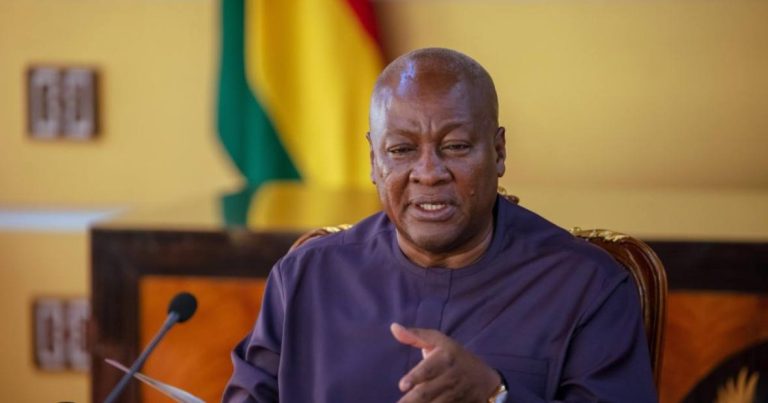President John Dramani Mahama’s newly launched “24-Hour Economy” policy is drawing attention, not just for its promise of jobs and economic growth, but also for its clear similarities to earlier national plans like Ghana Beyond Aid and the 2017 Coordinated Programme of Economic and Social Development Policies (CPESDP).
Mahama’s plan calls for a shift-based system where businesses and public services operate round the clock. The goal is to reduce unemployment, boost production, and modernize key sectors such as industry, agro-processing, tourism, logistics, and healthcare. He proposes to achieve this through targeted incentives, infrastructure upgrades, and increased security.
However, many elements of the plan echo what Ghana has seen before. The 2017 CPESDP, under President Akufo-Addo, outlined similar goals economic diversification, industrialization, and job creation. Likewise, Ghana Beyond Aid pushed for national self-reliance, value addition, and a move away from raw exports.
What makes Mahama’s proposal stand out is its practical focus. Rather than broad goals, it offers clear strategies like tax relief for night-shift operations and investments in transport and power to support 24-hour activity.
Still, questions remain. Can Ghana sustain a 24-hour economy amid erratic power supply, road challenges, and urban crime? Without clear timelines and resources, critics worry the plan might not go beyond campaign rhetoric.
Even so, the 24-Hour Economy revives an important national debate. Whether it’s a fresh idea or a refined version of past policies, its impact will depend on execution not just vision.

